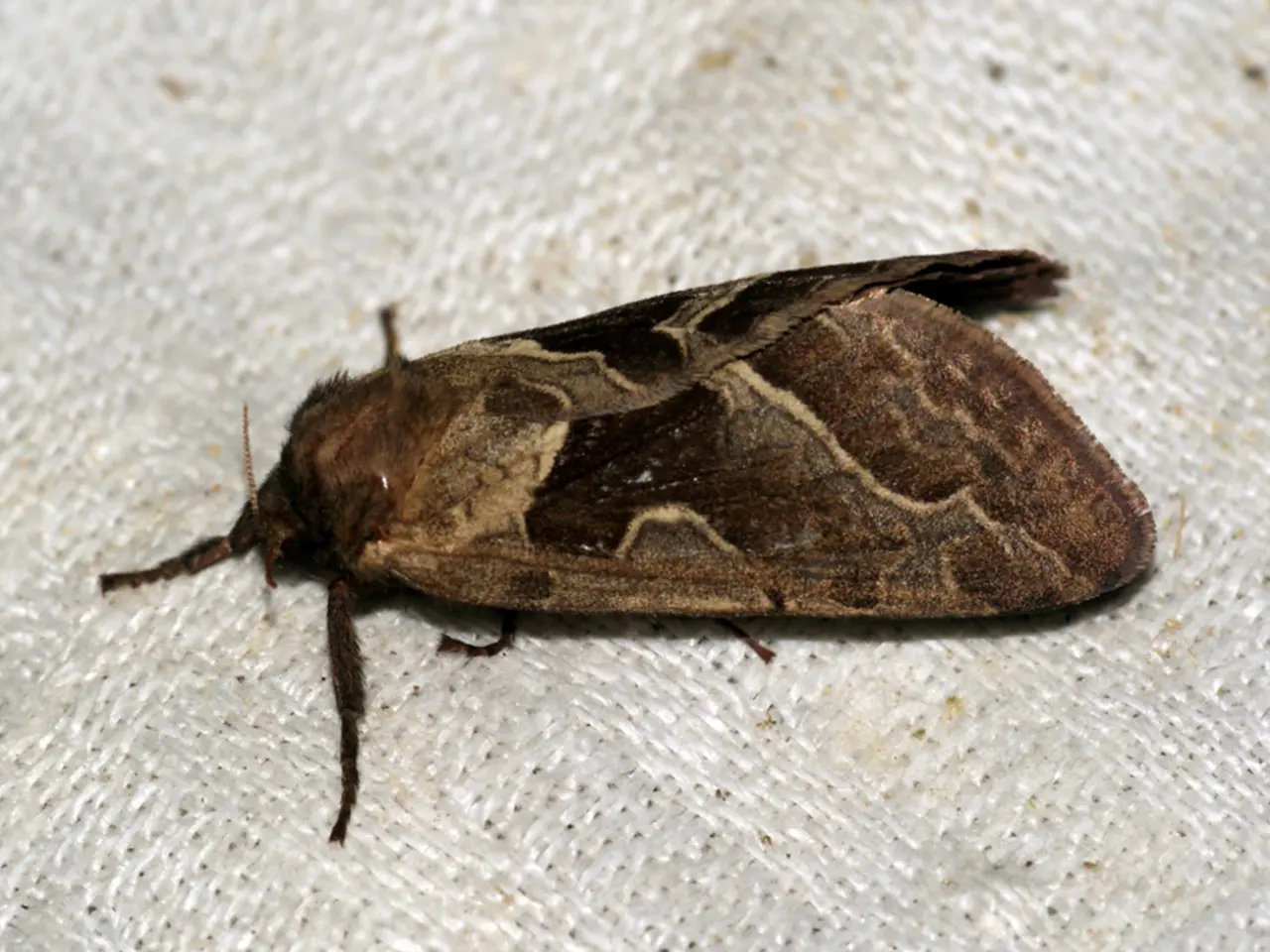Reasons for Itchy Bruises: Discover Causes, Remedies, and When to Consult a Medical Professional
In our daily lives, bruises, or contusions, are a common occurrence, often resulting from an injury that doesn't break the skin but damages small blood vessels. While most bruises heal naturally, some may cause discomfort, particularly itchiness. This article aims to shed light on the reasons behind itchy bruises, their potential causes, and appropriate treatment methods.
Dry skin, a common issue affecting many individuals, contributes significantly to itchy bruises. The outermost layer of our skin, the stratum corneum, loses moisture and natural oils when it's dry, impairing its ability to protect nerves from irritants and environmental factors. This weakness can heighten sensations of itchiness, especially over bruised areas where the skin and underlying tissues are already inflamed or damaged.
The itchiness associated with dry skin can be attributed to several factors. Firstly, the disrupted skin barrier allows irritants easier access to nerve endings, increasing itchiness. Secondly, dry, inflamed, or injured skin releases inflammatory mediators that stimulate nerve endings, causing itch. Lastly, the sensitive nature of bruised skin makes it more prone to irritation and itching sensations.
Environmental factors such as extremes in temperature, frequent washing with hot water, and use of harsh soaps can worsen dry skin and increase the risk of itchiness. To combat this, it's essential to moisturize the skin properly and avoid irritants to restore barrier function and reduce itch.
Psoriasis, a common skin condition, can also lead to itchy scales on various parts of the body, including the knees, elbows, and scalp. In people of colour, psoriasis plaques tend to be purple, greyish, or darker brown and may resemble bruises. Experts suggest that histamine, released by the body as a wound heals, and high bilirubin levels, which can increase as wounds heal, can cause itching.
It's important to note that an itchy bruise is usually not a sign of infection, but increasing pain, swelling, expanding discoloration of the skin, pus, and feeling sick are key signs of wound infection. Compartment syndrome, a serious condition requiring prompt medical treatment, may be indicated by significant pain or pressure in the injured area.
In cases where frequent bruising occurs with no apparent cause, lasts more than two weeks without improvement, or shows signs of infection, prompt medical attention is advised. Long-lasting bruises on the hands and arms, known as actinic purpura, are typically seen in older adults due to thin skin, weakened blood vessels, and the use of certain medications.
When treating an itchy bruise, it's recommended to wash the affected area with warm water and use gentle, non-irritating soap. After 48 hours, soothing lotions, over-the-counter antihistamines, and using heat can help alleviate the itch. However, if symptoms persist or worsen, it's crucial to consult a healthcare professional.
In conclusion, understanding the causes of itchy bruises can help individuals take proactive steps to prevent and treat them effectively. Proper skin care, avoidance of irritants, and prompt medical attention when necessary are key to managing this common issue.
Skin care plays a significant role in alleviating itchy bruises, as dry skin impairs the skin's protective barrier and increases sensitivity. Psoriasis, a common skin condition, can also result in itchy scales that resemble bruises, particularly on the knees, elbows, and scalp. It's essential to moisturize the skin, avoid harsh soaps and environmental factors that worsen dryness, and consult a healthcare professional if itchiness persists or symptoms worsen. Mental health, fitness-and-exercise, and health-and-wellness are not directly related to itchy bruises but are vital aspects of overall well-being.




